Juan Escobedo
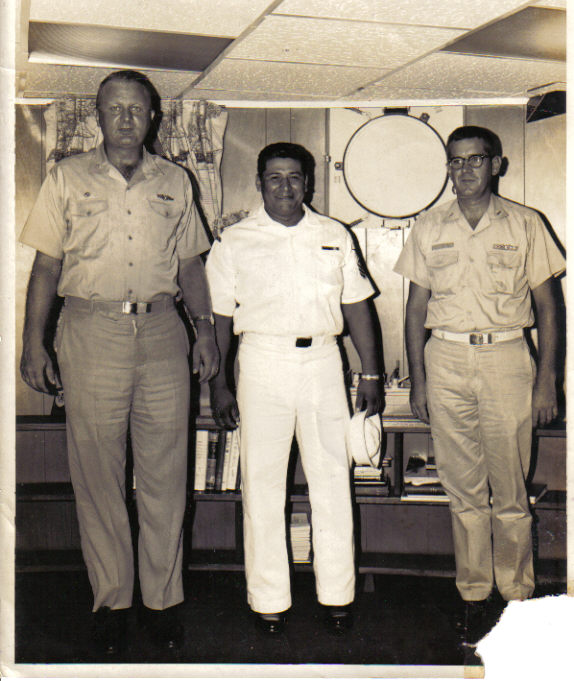

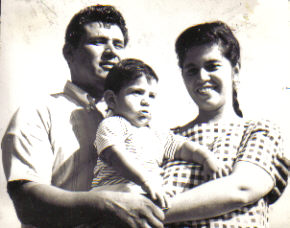
What did you know about Vietnam before going?
Not much, the war in Vietnam did not begin until after I was in the Navy.
How did you learn what was going on in Vietnam?
I learned about Vietnam while I was in the Navy.
Why did you join the Navy instead of another branch of the military?
The Navy promised more education and I needed it, because I hadn’t graduated from high school. I left high school
about seven or eight months before I graduated; to me it seemed like too much time to wait, so I decided to go into the Navy
instead.
What was your main reason for joining the Navy?
I always liked the idea to travel, and I wanted to go out and see the world. I thought that if you joined the Army
they would only send you to Europe and I wanted to go to places like Australia, China, Japan, and a whole lot of other
countries.
Did you volunteer or were you drafted? Was one better? Why?
I volunteered, and at the time I volunteered I was 16, and at that time the rule was that you had to be
17 years old, in order to be accepted into the Navy. So when I was 16 and about 10 months, I went and took
all my tests, even the physical, but I was not inducted into the Navy until after I was 17.
How long were you in basic training? Where?
I was in basic training at the
San Diego Naval Base for eight months, and the eight months was quite rigorous training. First of all
you had to go through a special firefighting school, and the firefighting itself was on an old ship on a land base and they
would fill it full of rags, hay, and other things that would catch fire quickly. Then they would drench them in oil and set
it on fire. They would put you on top of the ship and once it got hot to the point where you could feel it through your
shoes, then they would give you permission to start putting it out and get out of the place. Once you got on deck, then you
had to go through special doors on the ships called hatches. The hatches had four locks on them that are made out of metal
which makes the doors watertight. So in order to get out of the burning ship you had to unlock these doors and you had to
put out the fire and go down these ladders in the dark with just this hose in front of you to put out the fire until you
could find a way to get out of the ship. So really what you had to do is save yourself so that you wouldn’t cook inside
there. They had other people that had special suits on, to be able to help you in case you were really overcome by the smoke.
They also taught us how to make a floatation device out of our clothes in case we were in the water with no help around.
What years were you in Vietnam?
1959 - 1970
How old were you when you went to fight in the Vietnam War?
Well, I was about 18 years old. Because I was in the Navy, my experience was not as high as someone who was in
the Army. Soldiers in the Army were trained for fighting, we were trained to search ships that approached land.
Where were you stationed?
I was never on land, our ship was just off the coast of Vietnam. Occasionally we would go up close to land in order
to drop off body bags for the soldiers on land and
also retrieve the bodies of the soldiers who gave up their life for us.
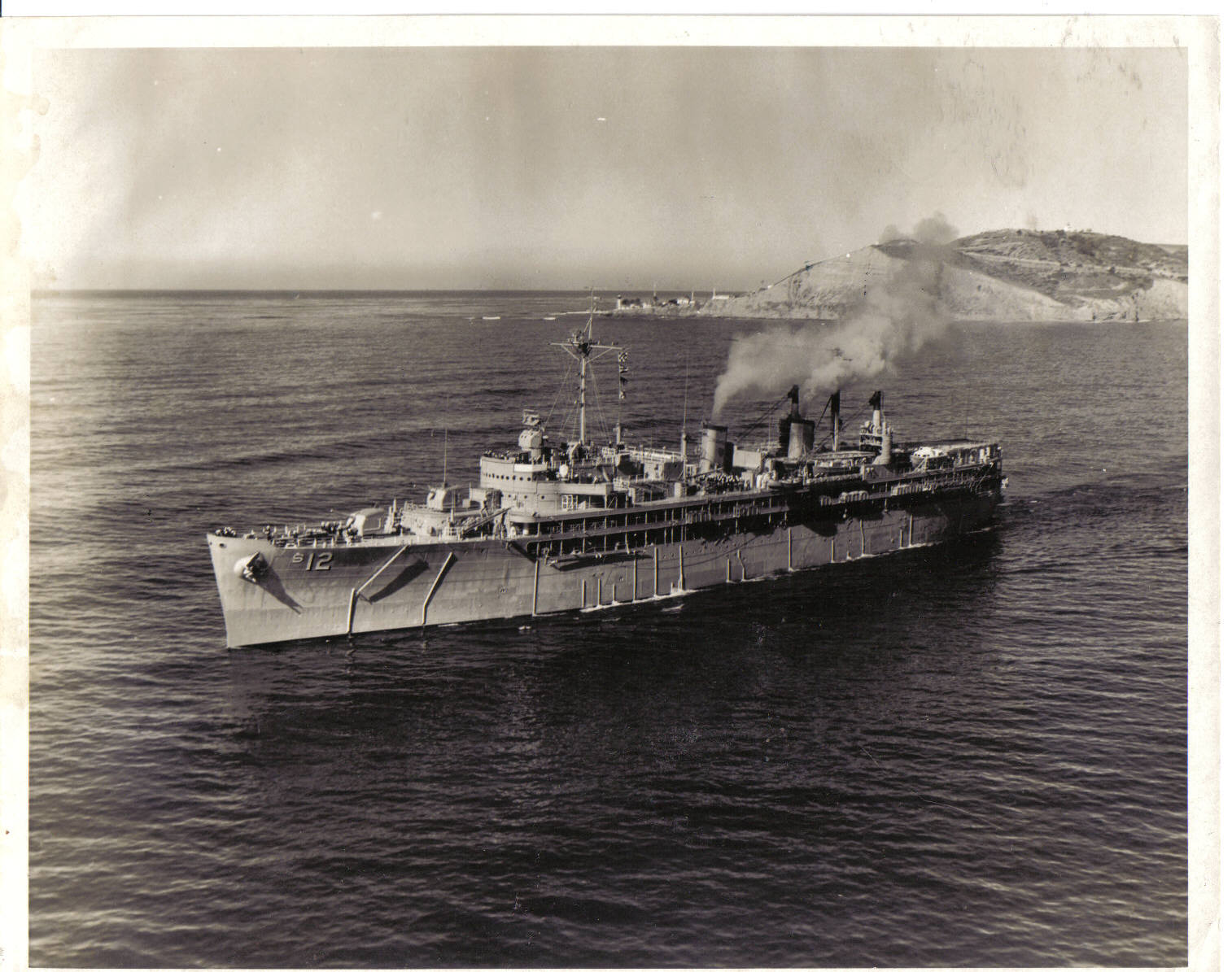
What was your first day in Vietnam like?
Well... it was sort of scary. We were going somewhere, where you don’t know whether you’re going to be able to return
or not. We spent the first day doing exercises on the ship. We practiced all the commands.
Describe a typical day in Vietnam.
The day typically started at around six o’clock in the morning, we would then get ready and eat breakfast, then we
would take inventory of all the ammunition and weapons. We would also transport Marines on and off land. We would board
them on ship and take them out to sea, then they would get on a helicopter and go back home or take a break on the carrier
and then come back to continue and fight the war.
What was your military mission or job while in Vietnam?
My main job was to insure that every weapon that was on every submarine in the Pacific Ocean was working properly.
I would also work the illumination gun mount. We would take the guns and shoot them up into the air in order to light up
the targets for the other guns on the ship. My rate was a torpedo man, I would prepare the torpedoes for the guns.
What types of weapons did you handle?
I was sent to school to go to weapons that were first aircraft weapons and they were torpedoes that are taken onboard
airplanes and then the airplanes drop them in the water. This is where you have to make sure that when the weapons are
dropped into the water they work. Then I went to submarine tender, here I handled many different kinds of weapons,
including nuclear. It was really scary to handle these weapons, because you had to deal with the thought of how much
damage these weapons did.
What was the highest rank you received in the while in the Navy?
I was a torpedo man first class.
What does a torpedo man do?
I made sure the weapons were working and kept them the way they were supposed to be.
Can you recall what you felt like your first day back in America?
It felt really good, because you had this feeling of safety, you knew that you could relax, and not have to watch your
back all the time.
How did you deal with the war after coming home?
Well it took me a while, because I had to keep records of everything and go over them again once we were back.
How did you adjust to civilian life?
I found out there was nobody in charge. In the military you always have to go by a schedule, and when you get used
to going by that schedule every day, it is difficult to adjust.
Where were you when you found out the war was over? What emotion took over?
I was on board a ship, I had just been transferred to Hawaii. I felt very hurt, because they weren’t giving the
people who gave up their lives for us the respect they deserved.
Do you regret joining the Navy?
No, I would do it again in a heart beat.
If you had a chance to change anything, while in the Navy, what would you change?
Nothing! I may have gone through some really tense moments, but there is nothing I would change about it.
Is there anything else you would like to add to this interview?
The war in Vietnam is a time in my life that I try not to talk to much about. I got rid of most of my pictures and
momentos that remind me of that time in my life. I only kept pictures of my retirement party and some plaques of the ships
I was on.
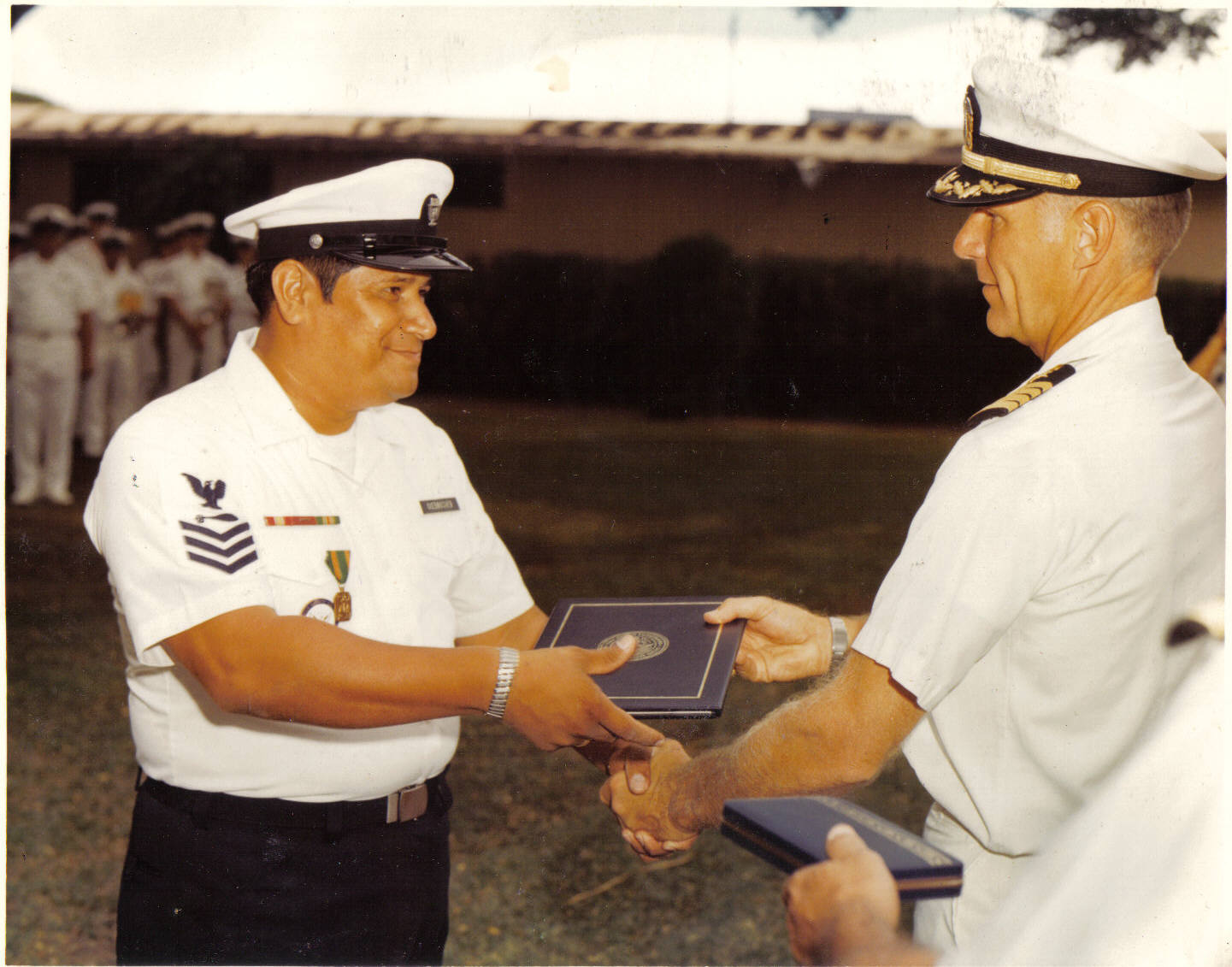
Through Mr. Escobedo's stories on his experiences on the Vietnam war I learned that, the soldiers that are sent to war are put under a great deal of stress. Everyone else is watching from far away and don't understand all the physical and emotional stress it puts on the soldier fighting for his or her country. Before I interviewed Mr. Escobedo, I didn't know much about him except that he had fought in the Vietnam War. As I interviewed him I got the chance to see firsthand some of the memories from his past that still haunt him to this day. Some of the stories he told were very graphic and as he told them tears began to fill his eyes. He wanted me to know that no matter how much time passes by and no matter how hard you try to forget all the bad memories, you really can't escape your past. Through these stories I was able to really think of all the hardships soldiers go through and how they deal with them.
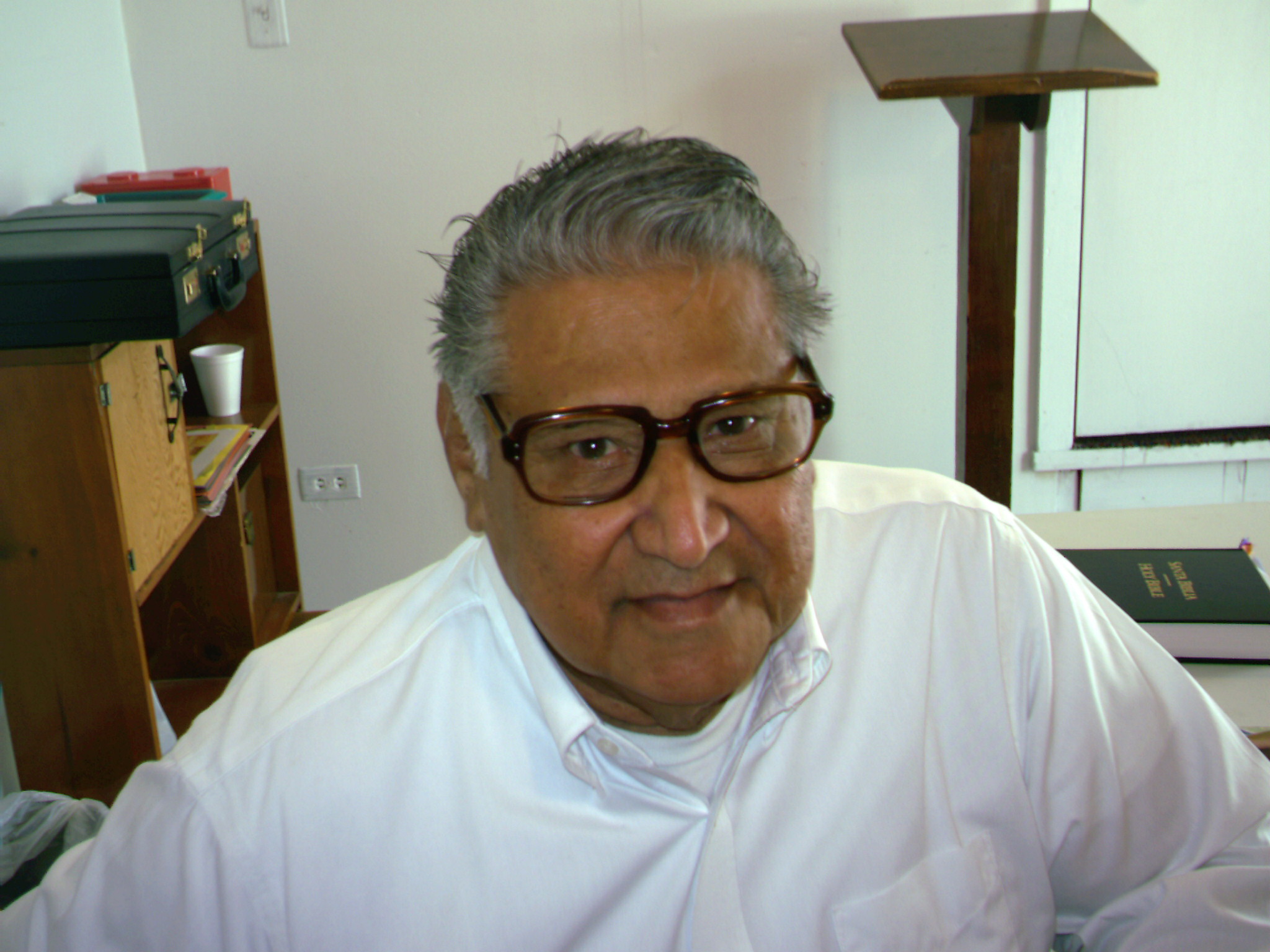
Vietnam war a link to the history channel about the vietnam war.
TSHA Online Copyright © The Texas State Historical Association Last Updated: May 13, 2005. . The TSHA Online is a "handbook" which provides a history of every town, city, county, ect., in Texas. http://www.tsha.utexas.edu/handbook/online/articles/SS/hfs5.html
Breakdown of events during the war